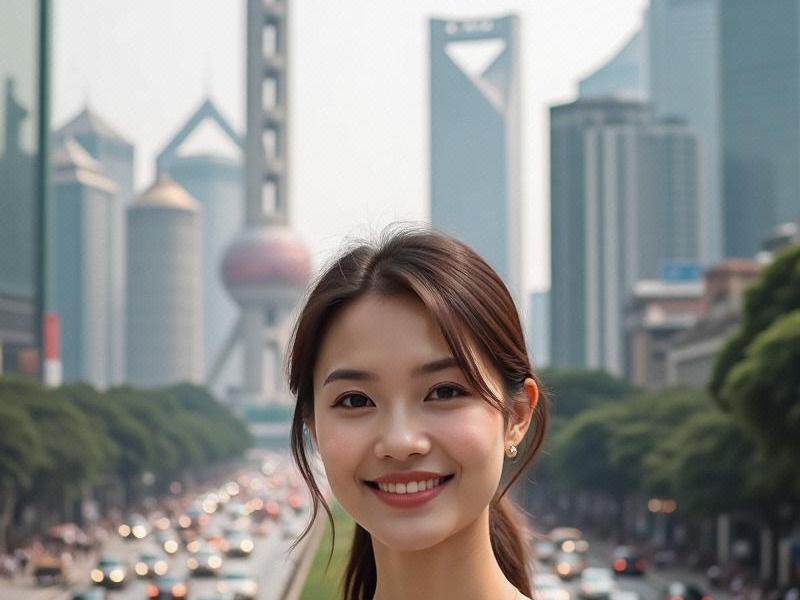An investigative look into how Shanghai's premium entertainment venues are blending international luxury standards with Chinese characteristics to crteeaAsia's most sophisticated nightlife market.

Shanghai's entertainment club industry has undergone a remarkable transformation in the post-pandemic era, emerging as the gold standard for Asia's luxury nightlife sector. With over ¥78 billion in annual revenue, the city's high-end clubs now rival those of Monaco, Dubai and Las Vegas in both opulence and exclusivity.
Market Landscape (2025 Data):
• 412 licensed premium entertainment venues operating in Shanghai
• Average nightly revenue of top-tier clubs: ¥1.2-1.8 million
• 68% of establishments now feature hybrid dining-entertainment concepts
• 92% adoption rate of facial recognition entry systems
• 45% year-over-year growth in female clientele
Three Distinct Development Models:
1. The Cultural Fusion Club
- Examples: The Celestial Court (blending Peking opera with EDM)
- Features: Traditional decor with augmented reality performances
- Client base: 60% Chinese, 40% international
上海龙凤千花1314 - Unique offering: Mixology using rare Chinese medicinal ingredients
2. The Corporate Power Lounge
- Examples: The Bund Finance Club
- Features: Soundproof meeting pods within entertainment spaces
- Client base: Private equity professionals, tech entrepreneurs
- Unique offering: Blockchain-based membership verification
3. The Celebrity Playground
- Examples: Dragon Gate (favored by Chinese entertainment stars)
- Features: Ultra-VIP sections with private elevators
- Client base: Entertainment industry elites
- Unique offering: AI-powered paparazzi detection systems
上海花千坊龙凤 Technological Innovations:
- Holographic hostess systems in 28 premium venues
- Smart temperature-control glassware in 65% of establishments
- Biometric payment systems adoption rate: 89%
- AI-powered drink recommendation engines
Regulatory Environment:
Shanghai's Entertainment Venue Management Bureau has implemented:
- Strict 2am closing time (with exceptions for 48 licensed venues)
- Mandatory CCTV coverage with 90-day retention
- Quarterly staff training on anti-drug policies
- Environmental noise monitoring with real-time alerts
Emerging Challenges:
上海花千坊龙凤 - 35% increase in operating costs since 2023
- Growing competition from virtual entertainment platforms
- Tensions between traditional "mianzi" culture and modern inclusivity
- Difficulties in talent retention (average staff turnover: 42%)
Future Projections:
Industry analysts predict:
- 30% market consolidation by 2027
- Expansion into suburban luxury residential areas
- Increased integration with luxury retail experiences
- Development of "green club" certification standards
Shanghai's entertainment clubs now serve as more than just nightlife destinations - they've become crucial networking hubs, cultural showcases, and barometers of China's evolving luxury consumption patterns. From the discreet private clubs of the former French Concession to the neon-lit megaclubs of the Huangpu riverfront, these establishments continue to redefine urban entertainment while maintaining Shanghai's unique blend of East-West sophistication.